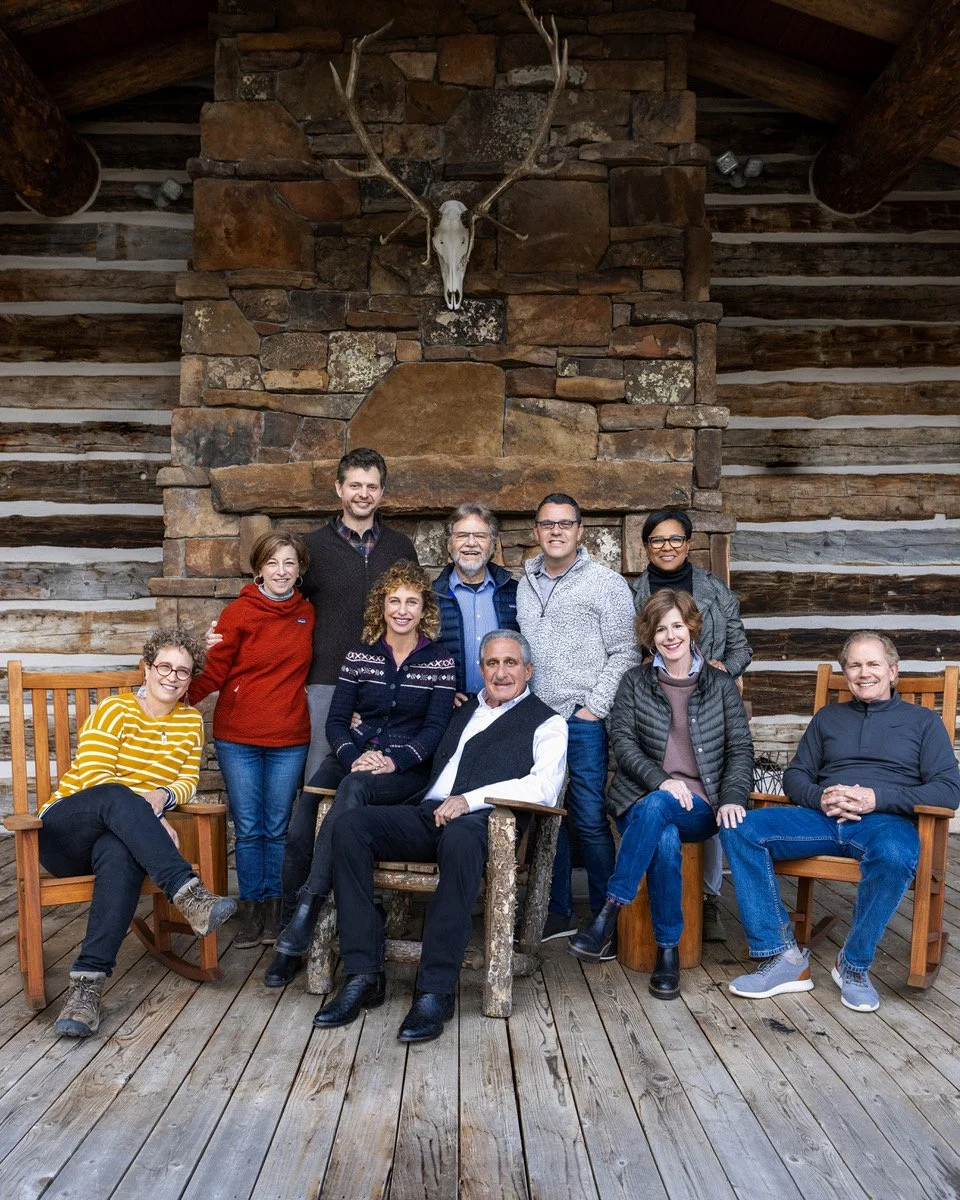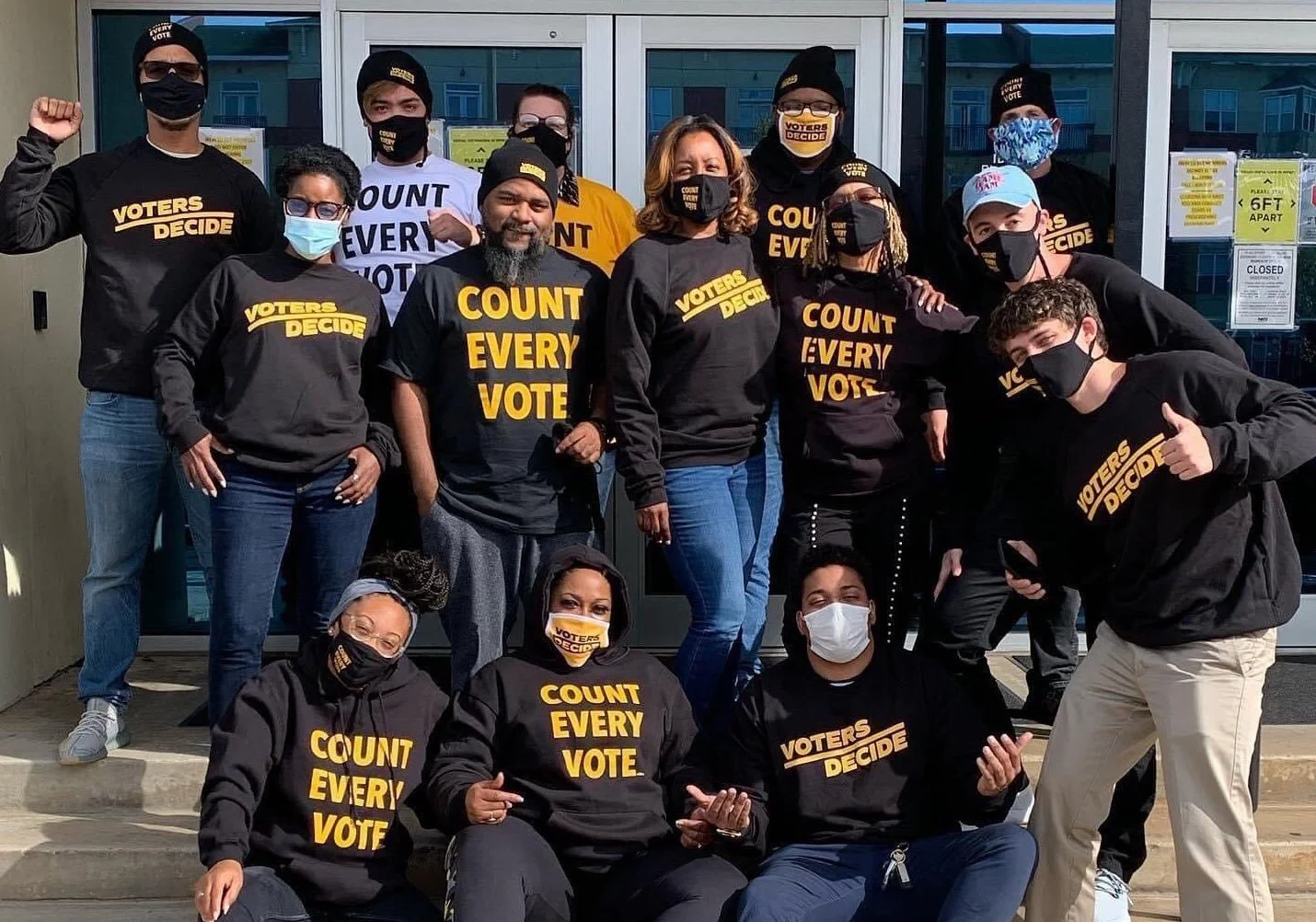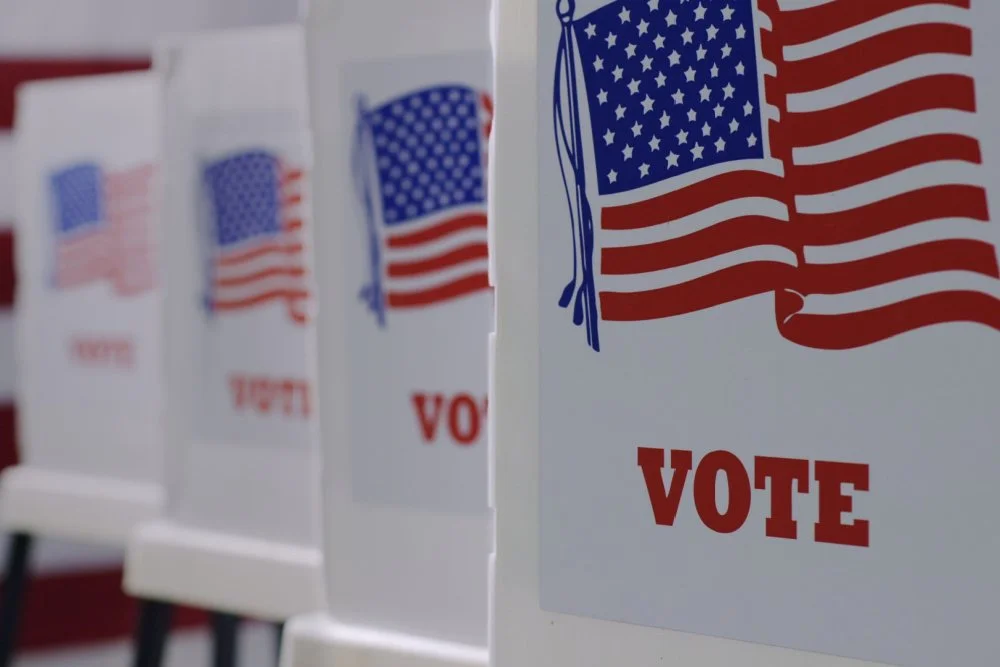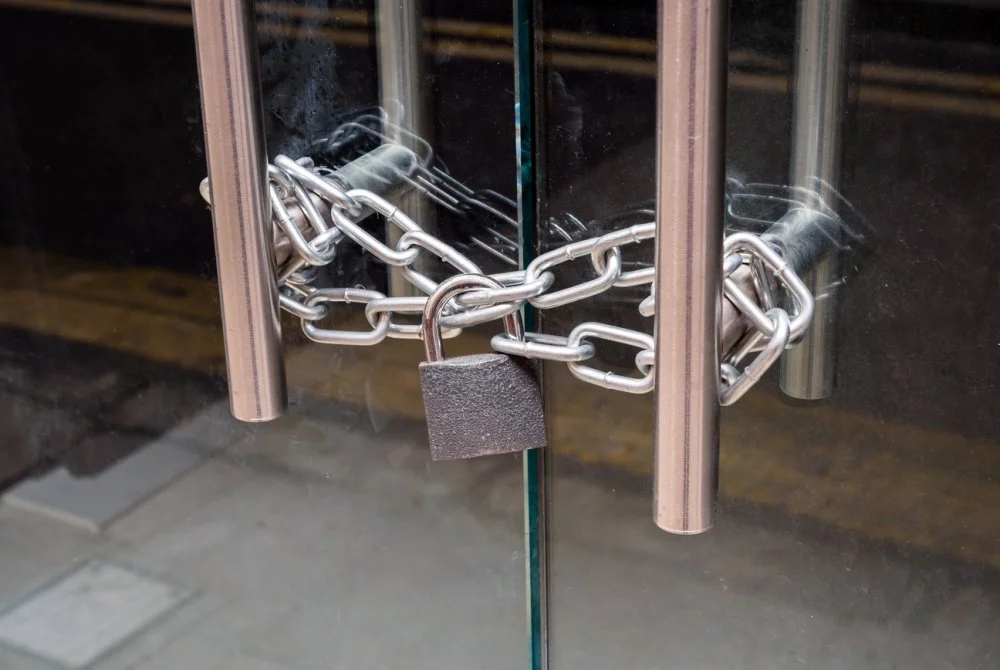“The Fight of Our Lives.” How a Funder Collaborative Backs Civic Participation
/Leonard Zhukovsky/shutterstock
Rapid-response grantmaking and funder collaboration have been on the rise since the 2016 election, with philanthropies teaming up to address multiple policy changes that affect civil and human rights, along with other issues.
A case in point is the Defending the Dream Fund (DFD), a partnership that was explicitly formed in response to the new administration.
The fund, which recently announced a third round of grantmaking in its second year, supports grassroots efforts “to protect communities and rights under attack by the current administration, as well to counter the climate of intensifying hate and discrimination.” Civic participation and voting rights were major focuses of the latest round of giving.
The fund is housed at the Hill-Snowdon Foundation, which focuses on community organizing in low-income communities. In 2017, it joined with the General Service Foundation, Hyams Foundation, Jessie Smith Noyes Foundation, Whitman Institute, UU Veatch Program at Shelter Rock, and other funders to provide support to locally rooted groups, particularly those in overlooked regions like the South, the Midwest, and rural areas.
The most recent round of grants to 35 organizations totaled $525,000, rising over the second round’s $400,000, which more than doubled the first. DFD has now awarded a total of $1,130,000.
In this round, DFD gave renewal support to 25 groups funded in 2017, along with 10 new grantee partners. Immigrant-led organizations like Adhikaar, the CARECEN/TPS Alliance, African Communities Together, and UndocuBlack, and Native-led groups such as Honor the Earth, Bears Ears Inter-Tribal Coalition, and the Native Organizers Alliance were among the diverse recipients. (Check out the full list for more details.)
As in the past, most of the newest grants fall between $10,000 and $25,000, with the exception of one $45,000 grant to the Black Voters Matter Capacity Building Institute. Other grantees that focus on voting rights, empowering marginalized citizens, and “non-partisan electoral organizing” include VOTE in Louisiana, Women Engaged, the Electoral Justice Project of the Movement for Black Lives, and the Florida Rights Restoration Coalition, which led a successful campaign to restore voting rights to 1.4 million individuals with felony convictions.
Civic participation is drawing more attention among funders amid a drumbeat of news reports about voter suppression, election interference, and fraud. Gerrymandering and other efforts to rig the rules in favor of conservative policies — most recently, in Wisconsin and Michigan — are also garnering more attention and concern. At the same time, funders are excited by recent successes in voter mobilization and believe even more can be done to galvanize groups with historically low voter turnout, including Latinos, youth, and those with lower incomes.
Along with foundations like NoVo and Ford, Hill-Snowdon, DFD’s host, is known as a loyal backer of social justice and black-led organizations, which have long been neglected by philanthropy. Hill-Snowdon Executive Director Nat Chioke Williams has noted, along with others in the field, that when multiple minority populations experience high vulnerability and persecution at the same time, which is unfortunately not uncommon, this situation can intensify the competition for funding. One example of this scenario can be seen in the urgency of protecting black, Latino, immigrant and Native rights—some of the main populations DFD works with.
On the other hand, cooperative efforts like DFD, while often challenging to coordinate, can ideally allow social justice funders to create a more unified net of support for multiple underserved populations. It can also put them in a position to amplify their grantmaking power and learn from each others’ priorities, strategies and partners. As Pia Infante of DFD partner the Whitman Institute wrote in a related blog post, “Values brought us together, cross-pollination made us stronger.” Pia also says the participants in this funding partnership found that having faith in the competency of local service providers and organizers was essential to their success: “We inevitably must trust the leadership of impacted communities,” she writes.
Elevating the voices of local communities in funding decisions is something we’re hearing about more often these days, especially as participatory grantmaking initiatives gather steam. Trusting people to make their own decisions and create their own solutions aligns well with the Defending the Dream Fund’s focus on protecting people’s right to vote—a core means of democratic self-determination and expression, the value of which becomes all the more apparent when it is hard-won or threatened.
“We are in for the fight of our lives to defend the dreams of a more just and equitable America that is in severe jeopardy in our present social and political reality,” Hill-Snowdon stated when describing the DFD. The fund is actively seeking new funding partners and plans to make grants in 2019 “and beyond.”







































